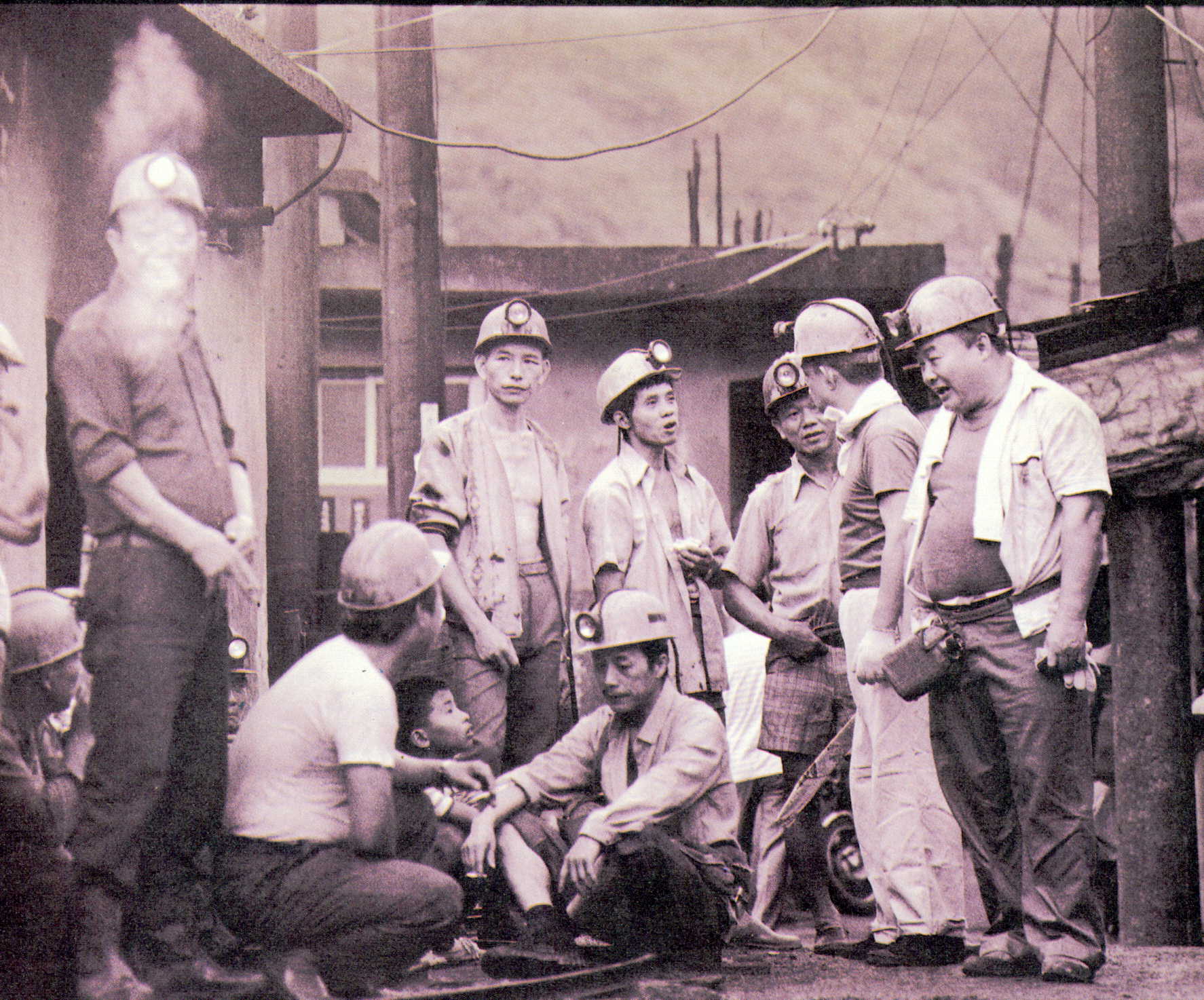This coming-of-age story from acclaimed director Hou Hsaio-Hsien follows teenager Wan (Wang Chien-Wen) as he migrates from his impoverished small mining village to Taipei along with his girlfriend Huen (Xin Shufen) in order to earn enough money to support their families as well as themselves. However, their relationship is tested by Wan’s difficulties with his job, culminating in his bike being stolen. In addition, Wan also has to complete his mandatory conscription to the Republic of China Army, which further places pressure on his relationship with Huen.
Hou takes an effective documentary-esque approach to depicting the various aspects of Wan’s life, each providing an important insight into Taiwanese society and culture during the mid-1980s. For example, life in Wan’s home village is shown in detail. Sequences detailing the hardships of mining work and local festivals sit alongside Wan’s relationship with Huen and frustrating factory job in Taipei as well as his eventual conscription into the Taiwanese army. The arrival of a mainland Chinese fishing family is the only event that provides Wan with relief from his fears about his relationship with Huen whilst he is away.
This naturalistic direction helps to make Wan and Huen appear to be realistic characters, with subsequent narrative developments coming across as more believable than if they had been presented in a more conventional cinematic fashion. The plot developments of Wan having his bike stolen and his letter from Huen whilst he is in the army are abbreviated in a manner that avoids following the conventional narrative expectations for their outcomes. The resolutions are either not concluded or are resolved in a way that reflects the reality of the situation.
However, this social realist approach doesn’t mean that the film is without humour. Hou and writers Chu Tien-Wen and Wu Nien-Jen ensure that characters such as Wan’s eccentric grandfather and interludes such as Wan’s father getting into a drunken strength contest provide light relief. In addition, these aspects are used to show another side to village life than just relying on images of impoverishment.
In addition, Hou, Chu and Wu use Wan’s military service as well as his father’s mining job to highlight Taiwanese social and historical issues, such as issues over miner’s pay as well as the dangerous conditions of the profession. The incident with the mainlanders, however, allows Hou, Chu and Wu to provide more pointed commentary on the then-gaping economic disparity between Taiwan and China. Wan and his fellow soldiers provide them with food and ‘luxury’ goods, such as a tape recorder, that would be unavailable to the Chinese.
Dust in the Wind provides Hou with the opportunity to display an in-depth look at Taiwanese society through the experiences of an ordinary teenager that successfully avoids signposting its commentary on socio-political issues of the time. As a result, it serves as an effective introduction to one of the more underrated directors in World Cinema, as well as the Taiwanese New Wave as a whole.
